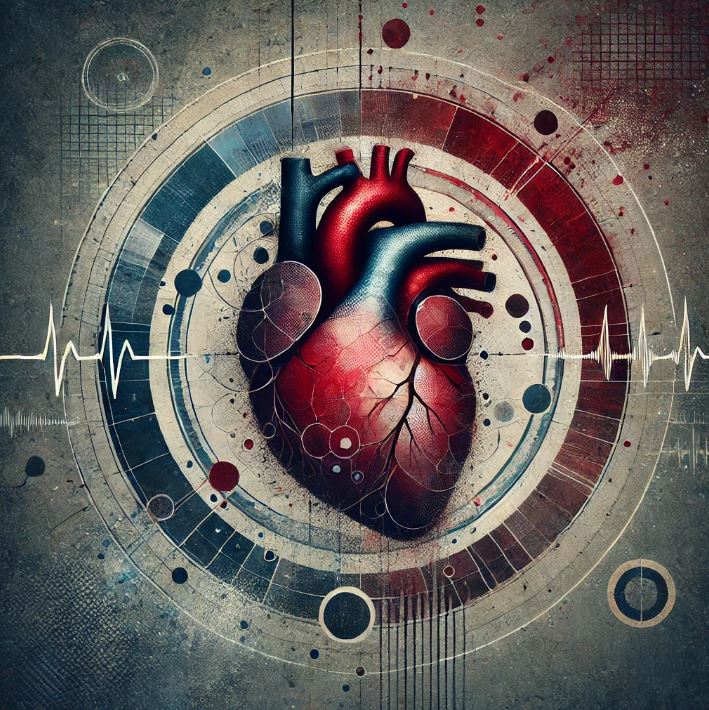Why Prostate Cancer Develops?
Prostate cancer, prevalent among men, arises due to alterations in cellular DNA. This genetic material guides cell behaviour, and when its instructions are disrupted, uncontrolled cell growth leads to abnormalities. These aberrant cells can accumulate, forming cancer that might invade nearby tissues and spread.
Am I at risk of Prostate Cancer?
Major health organisations, including the American Cancer Society (ACS), European Association of Urology (EAU), and National Cancer Institute Excellence (NICE), identify several risk factors for prostate cancer:
1. Age The likelihood of prostate cancer escalates with age. Prostate cancer is predominantly diagnosed in men aged 65 and older and is rare under 40 years.
2. Race Black men face a higher risk of developing more aggressive forms of prostate cancer. The reasons are unclear, though genetics may play a role. Black men are advised to begin screening at 45 years.
3. Family History An increased risk is observed in men with a family history of prostate cancer or maternal breast cancer.
4. Genetics Certain genetic factors, including BRCA1/BRCA2 mutations and DNA mismatch repair genes, can elevate prostate cancer risk.
5. Obesity is linked to a heightened risk of aggressive prostate cancer.
Does Smoking Cause Prostate Cancer?
Contrary to many cancers, smoking does not appear to be a significant risk factor for prostate cancer.
Can I prevent prostate cancer?
A healthy diet and regular exercise are believed to be beneficial, especially for those at increased risk due to age, race, or genetics. Certain foods have been studied for their potential to combat prostate cancer:
- Pulses and Soybeans: Rich in fiber, protein, and isoflavones.
- Green Tea: Contains bioactive catechins.
- Lycopene-rich Foods: Such as cooked tomatoes and watermelons.
- Cruciferous Vegetables: Sources of glucosinolates and antioxidants.
Certain foods, like heavily processed items, dairy products, red or processed meat, and fatty foods, might increase prostate cancer risk, though more research is needed.
Vitamins and Prostate Health
Role of Vitamin D
Vitamin D's role in prostate cancer is not definitively established, though some research suggests it might impact tumor growth.
Herbal Remedies and Prostate Cancer
The evidence supporting herbal remedies for prostate cancer prevention is limited. Care should be taken when selecting these products.
Physical activity lowers the risk of prostate cancer.
Obesity is a known risk factor. Exercising regularly helps us shed excess weight and maintain a healthy weight.
Does Regular Ejaculation lower the Risk of Prostate cancer?
A 2016 study linked frequent ejaculation to a reduced risk of low-grade prostate cancer, though this does not apply to high-risk types.
Can Diet Prevent Prostate Cancer Progression?
Whilst healthy balanced diet was found to be very beneficial, it cannot reverse prostate cancer.


